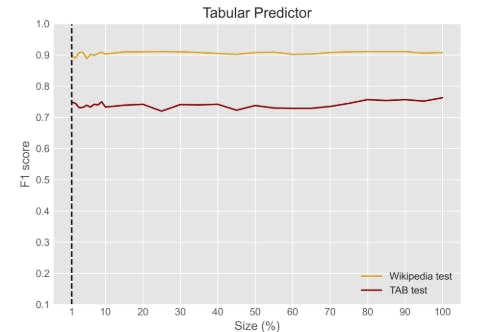
"The evaluation results highlight the effectiveness of the privacy-oriented entity recognizer, emphasizing the importance of considering label types for PII detection in datasets."
"Our experiments reflect significant advancements in utilizing privacy-preserving methodologies within NLP, showcasing how differential privacy can enhance data security while maintaining useful insights."
The article discusses advancements in privacy-preserving techniques within Natural Language Processing (NLP), particularly through the implementation of a privacy-oriented entity recognizer. Evaluation results indicate improved precision, recall, and F1 scores when detecting personally identifiable information (PII) across various datasets, including the Text Anonymization Benchmark (TAB) and Wikipedia biographies. The research highlights the significance of integrating differential privacy methodologies to secure data while still extracting meaningful insights, shaping future discussions around ethical data usage in the AI landscape.
Read at Hackernoon
Unable to calculate read time
Collection
[
|
...
]